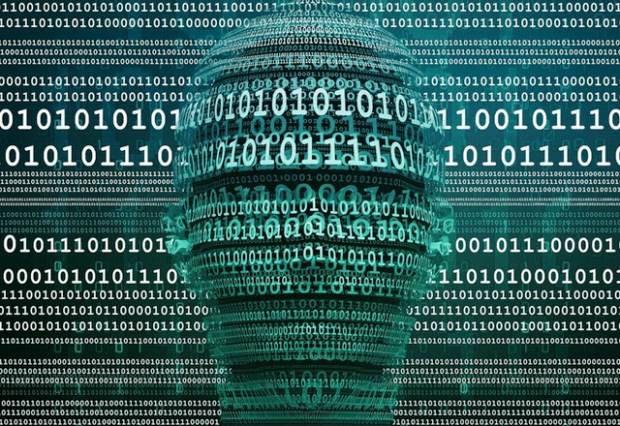In a world where decisions are increasingly made inside algorithmic black boxes, how can people reclaim control of their data?
For people today, digital data has become a Faustian bargain. In German folklore, Dr. Faustus was someone who agreed to surrender his soul to the devil in exchange for worldly benefits. Similarly, people today surrender their personal data in exchange for services that are ostensibly free. The terms of this modern-day bargain, however, are even more opaque than the one of folklore. Whereas Dr. Faustus – disilusioned with life and the limited scope of human knowledge – made an intentional choice to enter into his deal, most people today share their data with little insight into and no control over how it is being used, collated, mined, and sold to the highest bidder.
Around the world, governments have proposed privacy laws to correct this situation, but getting these laws approved and setting up institutions like data protection authorities (DPAs) to enforce them can take years, if not decades. Even where privacy laws are being passed, these laws often provide significant exceptions to governments or the institutions necessary for oversight and enforcement of said laws are weak or nonexistent, thereby exacerbating the risks that data will be misused or abused.
Whether it is for digital services offered by the private sector or the public sector, the reality is that clicking the “I Agree” button on the incomprehensible end user license agreements (EULAs) usually leads to a permanent loss of data privacy. As Anja Kovacs of the Internet Democracy Project points out, “There is no other fundamental human right that we can sign away with the click of a button.” With the rules of the digital playground heavily stacked against individuals, our choice is to either accept the situation or opt out completely and become a digital hermit.




